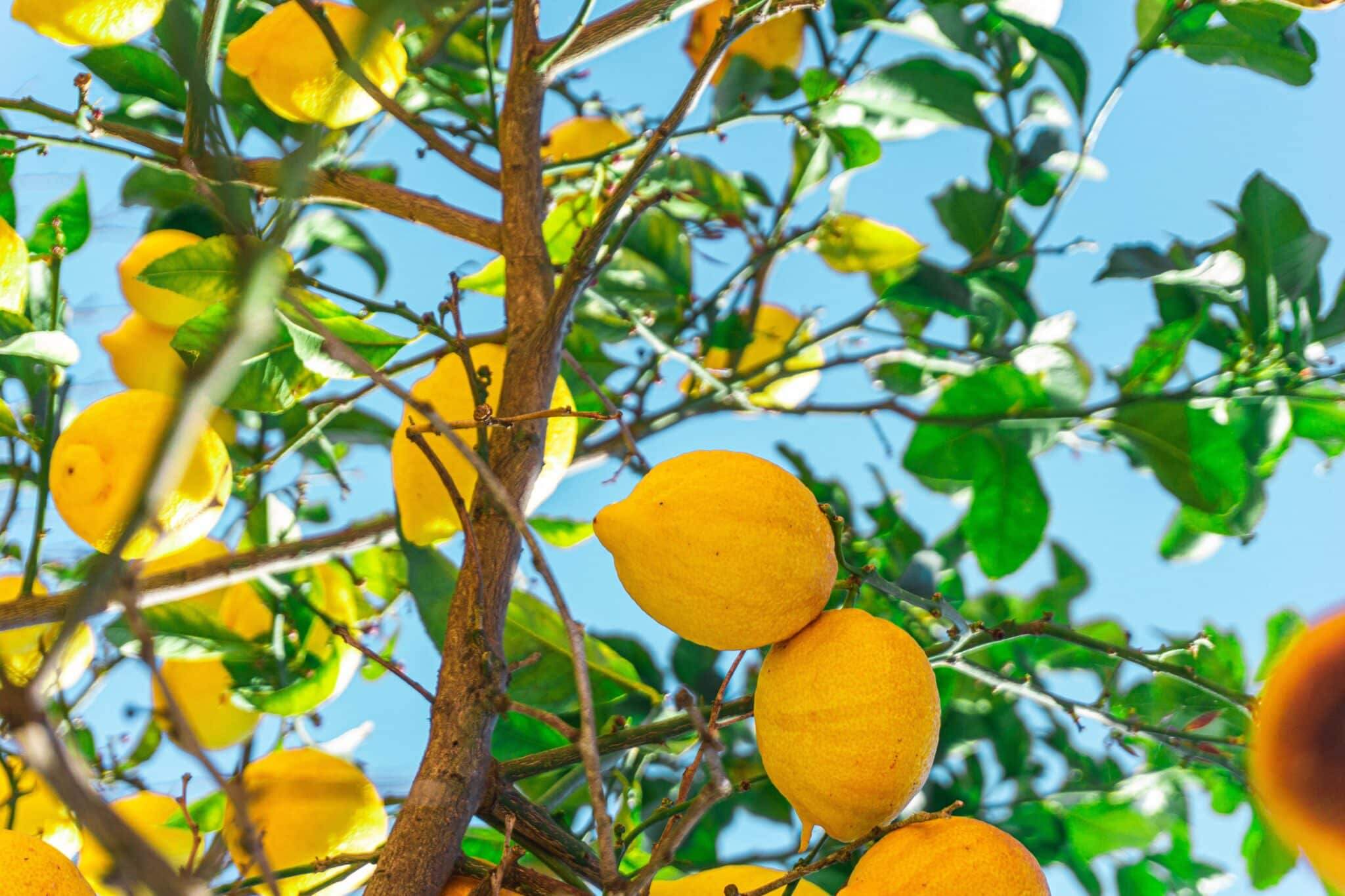Riverford’s first veg boxes, delivered in 1993, were heavy on cabbages, swedes, and chard. It quickly became obvious that to reach beyond the diehard localists, we would need a broader range of fruit and veg, especially in spring and early summer when UK veg is scarce. Over 20 years, we slowly built a group of about 20 growers in Spain, France, and Italy, and I bought a farm in the French Vendée. Today, these farms provide a third of the fruit and veg in our boxes during those difficult months. Trucking (we never air freight) from Europe is a compromise, but by building close, lasting relationships with growers, we are confident that it is socially and environmentally better than the alternatives, with better quality. It is certainly much less carbon intensive than growing in the UK under heated glass.
Over the last five years, farming has become steadily higher risk for these growers. In Andalucía, polytunnels were shredded by giant hail. Crops have been destroyed by heat in Sicily, with lemons cooking on the trees. Freezing winters also kill citrus and plantations have been lost to wildfires. Everywhere, competition for ever-scarcer water is a growing issue. We recruited growers further north, but Catalonia is now one of the worst affected areas, with restrictions on irrigation that are drastically affecting quality and yield. In Murcia, 40 per cent of water now comes from the sea – but with an energy cost of 3 kwh per cubic metre, and issues around marine water intakes and brine discharge, desalination can come with its own environmental costs.
Denying anthropogenic climate change is not an option; we must plan for a changing future. In the Vendée, we lost much of our sweetcorn to drought last year. Having built a new reservoir that doubled our water capacity, the quality and yield this year has been great. We must learn to grow more food from deeper-rooting perennial crops, which can reach water underground; one of our oldest and best growers near Granada is slowly transitioning from garlic, asparagus, and spinach, to deep-rooting, drought-resistant olives. Some crops will need to move north; others will need to be grown under the protection of polytunnels and glass, reducing water usage and giving better control of weather risks.
Rather than assuming that we can buy our way to food security in an increasingly fragile global market, we need to plan and invest in the infrastructure that will, at least, reduce the disruption ahead.










As the daughter of a “small” farmer in the UK (my father left us many years ago and the farm, as we knew it, is no longer either, sadly) my heart goes out to those suffering the loss of crops and livelihood every time you share something like this. Thank you for maintaining a sense of reality, a sense of what it really means to be part of the communities and families whose work is to provide us with our food.
Are these of any interest on food security and climate change?
https://climatecoalition.org/future-food-security-must-focus-on-supplies/
https://regenfarming.news/articles/1699
https://regenfarming.news/articles/1873